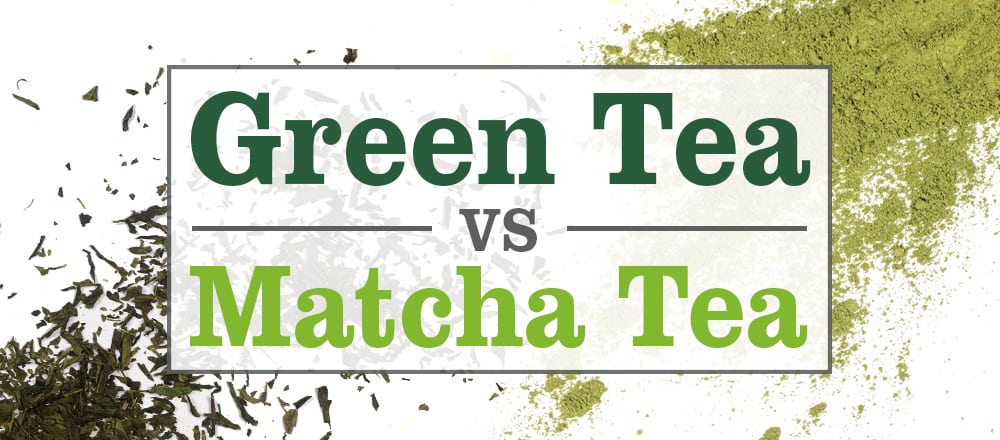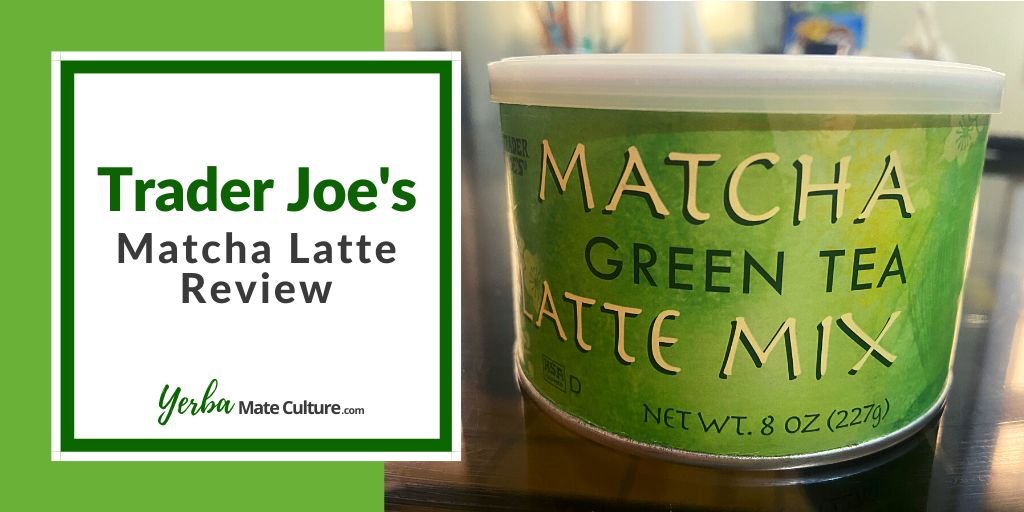
Seeing as matcha, in Davar's words "has virtually no downsides" to your overall well-being, it seems the bright green beverage wins this round.

If you're more prone to anxiety or stress, the soothing properties of matcha may better serve your needs in comparison to a cup of joe, which is important to consider when making your choice. Having too much caffeine, in general, can also bring about uncomfortable side effects, like worsened anxiety, dehydration, and jitters, so keep this in mind before sipping on that fourth cup of coffee in the afternoon. However, cold-brew coffee is significantly less acidic and therefore less harsh if you want the coffee taste and benefits without the stomachache. "Coffee is a highly acidic food, which can be problematic when consumed in excess or by those with sensitive digestive tracts," warns Davar.
Coffee is loaded with caffeine: a cup of black coffee provides 96 milligrams per 8 fluid ounces, packing quite a punch in comparison to its matcha counterpart.Īlthough both coffee and tea are accompanied by some significant benefits to your well-being, coffee can be particularly difficult to drink if you have a sensitive stomach. In essence, green tea is a loose leaf tea that is prepared by infusing the leaves, while matcha is a powdered green tea prepared by whisking matcha powder together with hot water. "The warm temperature of the liquid 6 may stimulate motility," integrative gastroenterologist Marvin Singh, M.D., adds-which means this benefit may not be exclusive to coffee. Coffee may help get digestion moving: Functional medicine doctor Wendie Trubow, M.D., MBA, previously told mbg that "it is clear that coffee increases the activity in your gut, called peristalsis." That said, it's still unclear to experts why this occurs. Coffee may support longevity : One large study explained that "higher consumption of coffee was associated with lower risks of death, and in particular, mortality due to digestive and circulatory diseases," as reported by the Annals of Internal Medicine. While there wasn't a controlled intake of coffee, researchers found the least cognitive decline for men who consumed three cups per day. The results revealed that participants who drank coffee struggled less with cognitive decline than those that did not drink it. Why is this a good thing? A sizable study published in the European Journal of Clinical Nutrition 5 observed 676 healthy elderly men in Europe over the course of 10 years. Coffee has cognitive benefits: "Coffee is high in polyphenols, antioxidants, and energy-stimulating caffeine," explains Davar. Matcha is loaded with caffeine: As for caffeine content, matcha boasts 70 milligrams per 8 ounce cup, offering a significant boost of energy in the morning if you're often groggy or didn't quite get enough sleep. #MATCHA VS GREEN TEA CAFFEINE FREE#
One review analyzing the benefits and chemical makeup of matcha 4 4 found that its antioxidant content can help neutralize free radical damage and even aid in the body's natural detoxification processes.
 Matcha is loaded with antioxidants: Not to mention matcha is loaded with nearly three times as much of the antioxidant epigallocatechin gallate (EGCG) than other green teas, supplying the body with a slew of healthy properties 3 3. Research suggests that this amino acid can have an “ anti-stress” effect on the body 1, and combined with the caffeine 2 from matcha, you may experience a natural boost of energy and alertness. Matcha may ease stress: This variation of green tea is also rich in L-theanine, which provides a number of overarching benefits to your health. The lower acidity means matcha may also be a better choice for anyone with a sensitive stomach. Matcha has a lower acidity: "Matcha is more alkaline than coffee with almost the same caffeine content," Ella Davar, R.D., CDN, tells mbg. Systematic review of the potential adverse effects of caffeine consumption in healthy adults, pregnant women, adolescents, and children. Benefits and risks of caffeine and caffeinated beverages.
Matcha is loaded with antioxidants: Not to mention matcha is loaded with nearly three times as much of the antioxidant epigallocatechin gallate (EGCG) than other green teas, supplying the body with a slew of healthy properties 3 3. Research suggests that this amino acid can have an “ anti-stress” effect on the body 1, and combined with the caffeine 2 from matcha, you may experience a natural boost of energy and alertness. Matcha may ease stress: This variation of green tea is also rich in L-theanine, which provides a number of overarching benefits to your health. The lower acidity means matcha may also be a better choice for anyone with a sensitive stomach. Matcha has a lower acidity: "Matcha is more alkaline than coffee with almost the same caffeine content," Ella Davar, R.D., CDN, tells mbg. Systematic review of the potential adverse effects of caffeine consumption in healthy adults, pregnant women, adolescents, and children. Benefits and risks of caffeine and caffeinated beverages. 
Department of Agriculture, Agricultural Research Service.

Trends in caffeine intake among US children and adolescents. In: Academy of Nutrition and Dietetics Complete Food and Nutrition Guide. Department of Health and Human Services and U.S. 2015-2020 Dietary Guidelines for Americans.Spilling the beans: How much caffeine is too much.Is your kid over-caffeinated? Academy of Nutrition and Dietetics.Coffee, caffeine, and health outcomes: An umbrella review. Journal of the American Academy of Nutrition and Dietetics. adults based on the NHANES 2007-2012 surveys. Daily patterns of caffeine intake and the association of intake with multiple sociodemographic and lifestyle factors in U.S.








 0 kommentar(er)
0 kommentar(er)
